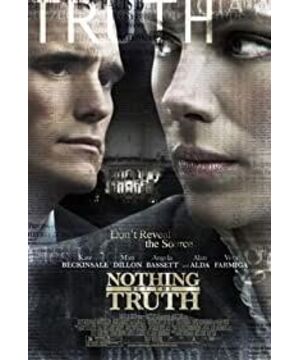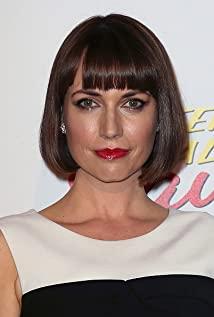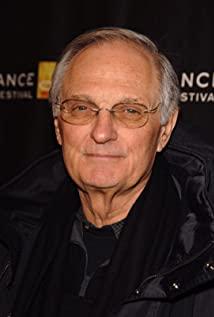And the reason why I decided not to interpret the film from a feminist point of view is that no matter whether the protagonist of the film is a man or a woman, my attitude towards them will not make any difference: from the very beginning, I don’t understand (I don’t think this is It's worth it...), to the last understanding and respect. The female protagonist may be just because the story will be more conflicting, or the final ending will be more reasonable - because it is in line with traditional gender concepts.
Maybe I am relatively slow, the director was in front of Allison and Allison for a long time and I didn't guess the final outcome. But the unexpected benefit was a sudden feeling. A mother, how much she loves her son and how reluctant she is, is not too much; however, to "torture" herself in order to protect another child can be said to be universal maternal love. This is not to protect the child from prison or flesh and blood (because I don't think such a young child should be convicted of so-called "treason"), but to protect the mutual relationship between her and her mother Love. Just imagine what would happen if a CIA agent (forgot her name) knew it was her daughter who "betrayed" her? I can't say I hate my daughter, or I'm angry with my daughter, but at least I'm panicking and it's hard to vent. More importantly, if Allison knew that she had "harmed" her mother (especially after her mother died), how would she deal with her mother and mother's spirit in heaven? It was an unintentional mistake, but it cost dearly -- for the family. That's why Rachel can hold on for so long. Many times I thought she was going to give in or should give up before I knew the ending, but she persisted for nearly a year, and she faced a longer prison sentence—and the bigger price was separation from her son. If it didn't end like this, I don't think it's worth it at all.
I've never been in favor of martyrdom feats - unless there is no one in this world who cares and loves them; otherwise, it's not worth it. No one has ever been able to change the world single-handedly—except in a Superman-type movie. A life is nothing to the whole world, or even a residential community; but to friends and family, losing it is as painful as having a piece of heart gouged out. So when Rachel said that "man, woman" or something, I really didn't like her--although as far as the paragraph itself was concerned, I agreed with both hands and feet, because this kind of binary judgment standard is in every part of this society. Corner - but it's really not about her gender, it's about a parent's responsibilities. The lawyers were right that her informants were capable and obliged to take responsibility for what they said—with the exception of this unlikely outcome, of course. And she herself faced a family that was about to collapse. From my Chinese concept of "differential order", it is more worthwhile to maintain the family, especially when the cost of maintaining the family is actually not large.
It was only when the "truth" finally came out that it was discovered how important family was to Rachel. Not just your own family and children, but also the families and children of others. It's an intuition, an emotion, not a reason (what a work ethic or something). But good reason, perhaps first and foremost, is also an emotion.
PS. The more I write, the less I know what I am writing. This discussion is too tangled, and even, it is impossible to discuss at all. Because there are so many things that are not even defined, there is no way to say. What are principles? What is morality? ...so, I gave up. So, don't blame the movie for its faltering - I think it's done by making me realize something important.
View more about Nothing But the Truth reviews










